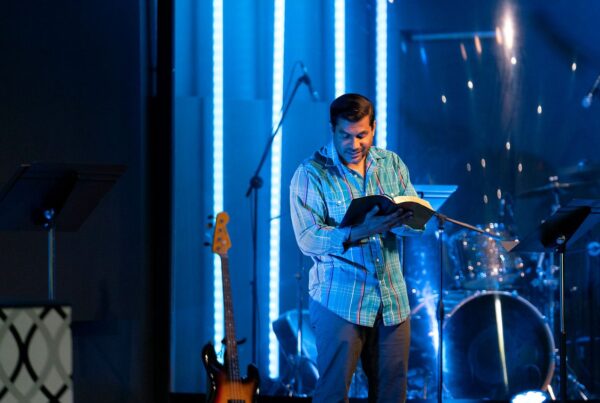Diversity is the new watchword in church vision statements and five years plans, especially among church planters. Of course, diverse churches are crucial to overcoming the legacy of our past. However, is diversity enough? If we just get enough of the right people into the room, will it bring about the changes we so desire? Will simply having more black and brown people in the room be enough to dismantle the legacy of apartheid? Will singing more isiXhosa songs be in and of themselves enough to change our inherent biases, that still deep down we believe that white is right? Does having more black people in the room naturally mean that we will have more black and brown leaders?
The past 25 years of church in South African have proven to us that diversity is in and of itself not enough. Still today, young black men and women struggle to feel as if they really belong in large and essentially diverse churches. They struggle because they feel that if they let their blackness leak just a bit too much, they will be ostracized or labelled as divisive.
Diversity means that we finally have the right people in the room so that we can begin to have the right conversations -conversations that have to do with power, leadership, trust, and resources.
Fees Must Fall has reminded us that it is not enough to just allow black people into an institution, whilst the institution itself remains fundamentally unchanged. Diversity is not in and of itself enough, but it is a good start. Diversity means that we finally have the right people in the room so that we can begin to have the right conversations – conversations that have to do with power, leadership, trust, and resources. Diversity cannot be the goal for our churches. Instead, we must move beyond mere diversity towards inclusion (being able to speak), belonging (being listened to when you speak) and trust (being asked to lead when you speak).
It is this type of diversity we see at work in Acts 13:1-3, where we see not only diverse people (including black Africans) together in one church, but also more significantly together in leadership, in shaping and discerning the direction and the theology of the church together.
It is not enough that we gather together in the same building. We must go further and live in the full expression of the Gospel truth, that in Christ, the “dividing wall of hostility” has been removed. (Ephesians 2:14) For too long, diversity has meant a kind of assimilation towards whiteness, but we must go further and ask what it would mean for black people to experience full inclusion as fellow citizens and members of the household of God (Ephesians 2:19). There are no stepchildren in God’s kingdom.
… we must move beyond mere diversity towards inclusion, belonging and trust.
Leadership is key for moving beyond diversity. Those who know what it is like to be excluded are probably those best suited to lead us into inclusion and belonging. They will help us see our biases, blind spots, and theological justifications.
Who leads your church? Whose voices shape and bear authority in your church? Is there only racial diversity or also economic diversity? Is there space for the voices of women and youth? What would it look like to include, listen to and be led by the voices of the marginalized?
Photo by Jonas Jacobsson on Unsplash











